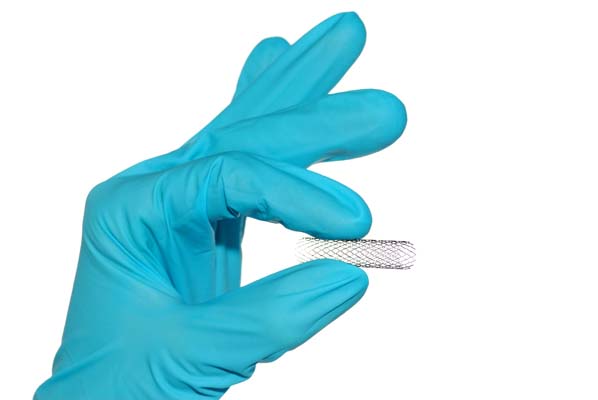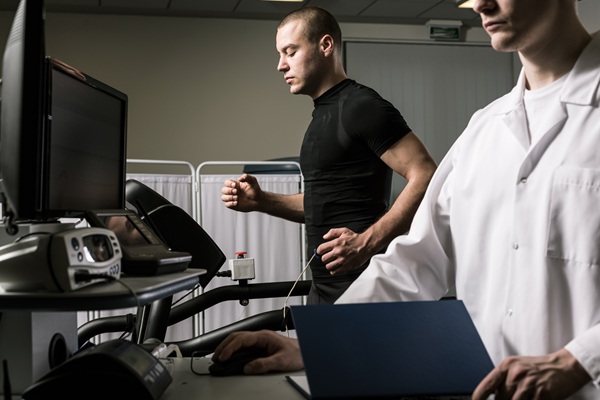What To Expect Before Getting a Coronary Stent

Among a variety of surgical tools, coronary stents help keep the blood flowing through the arteries. These small mesh tubes are a crucial part of a heart surgery called angioplasty, in which a professional clears plaque buildup from clogged arteries. In an angioplasty, a stent opens narrowed arteries.
They can also relieve chest pain and treat heart attacks. Getting a stent is a big decision — and potentially a life-saving one. Here is what you need to know about coronary stents before surgery.
When do you need a coronary stent?
Stents treat various parts of the body. Coronary stents, in particular, are intended to treat coronary heart disease. They may also help in an emergency setting to treat cardiac arrest. Physicians will attempt to recommend a stent before the patient reaches that point. For instance, a physician will recommend the procedure to a patient who has:
- Frequent chest pain, or “angina”
- Not responded to prescription medication
- Seen no improvement after making lifestyle changes
Who should not get a coronary stent?
However, coronary stents are not the right choice for certain patients, such as those with mild conditions and those over 70. We will also take medical history into account. Other treatment options may be necessary if a patient has a high risk or history of any of the following conditions:
- Stroke0
- Diabetes
- Heart failure
- Kidney disease and failure
Stent placement
Although the medical professional will place stents in the coronary arteries, stent placement is a minimally invasive procedure. First, the patient is sedated and administered blood thinners. The next step is to apply a local anesthetic at the point of entry, which will likely be on the arm, wrist, or groin. Once numb, the professional will make a small incision and place a guide wire into the blood vessel. Next comes the catheter with a collapsed balloon and stent on its tip. Finally, the professional will inflate the balloon to clear the blockage and place the stent. The healthcare provider will then take X-rays of the area to ensure the blood flows through the stent without any issues.
How to prepare for the stenting procedure
Before arriving at the hospital, the cardiologist will inform the patient of how to prepare for the procedure. These instructions will differ for each patient depending on their medical history and current condition. Typically, most patients will be advised on the following:
- When to start fasting
- When to start taking preoperative medication
- If and when to stop certain medications
- The expected length of the postoperative hospital stay
- Whether blood tests, chest X-rays, or an EKG is needed
Patients can expect to feel fatigued as they recover. Keep activities light for at least five days afterward. Wait at least three weeks before doing manual labor or intensive exercise. Bruising and discoloration are common and normal where the catheter was inserted; swelling, redness, and drainage are not. Call the cardiologist if the patient develops these symptoms, runs a fever, or experiences chest pain. If chest pain persists for longer than 15 to 20 minutes, call 911 immediately.
Conclusion
Getting a stent does not require major surgery. Patients can return to their normal lives quickly, as it only takes a few to several weeks to recover from the stenting procedure. Making healthy lifestyle changes and keeping follow-up appointments with a healthcare provider will ensure the stent works as intended.
Request an appointment here: https://boyntonbeach.floridapremiercardio.com or call Florida Premier Cardiology at (561) 229-1411 for an appointment in our Boynton Beach office.
Check out what others are saying about our services on Yelp: Read our Yelp reviews.
Recent Posts
According to the Centers for Disease Control and Prevention, heart disease is the leading cause of death for adults in the United States. Therefore seeking chest pain treatment is crucial, especially for those at high risk for heart disease. However, chest pain can result from various health issues, so how does one know when it…
A cardiac stress test is a diagnostic tool to evaluate how well the heart performs under physical stress. Cardiologists use this test to detect underlying cardiovascular conditions, monitor treatment progress, or assess the risk of future heart complications. Cardiac stress tests are essential in the early detection and management of heart disease.A cardiac stress test…
Peripheral arterial disease affects blood flow in the arteries, most commonly in the legs. It develops due to plaque buildup in the arteries that causes them to narrow and restrict circulation, possibly leading to discomfort, difficulty walking, and other serious complications. Recognizing the symptoms early and exploring treatment options can help improve the quality of…
Receiving cardiovascular treatment is a critical step in managing heart health, but recovery and long-term are equally vital to ensure long-term wellness. Whether the treatment involves medication management, interventional procedures, or surgery, maintaining a relationship with the cardiologist and following their recovery guidelines is crucial. A structured follow-up plan allows patients to maintain the benefits…


